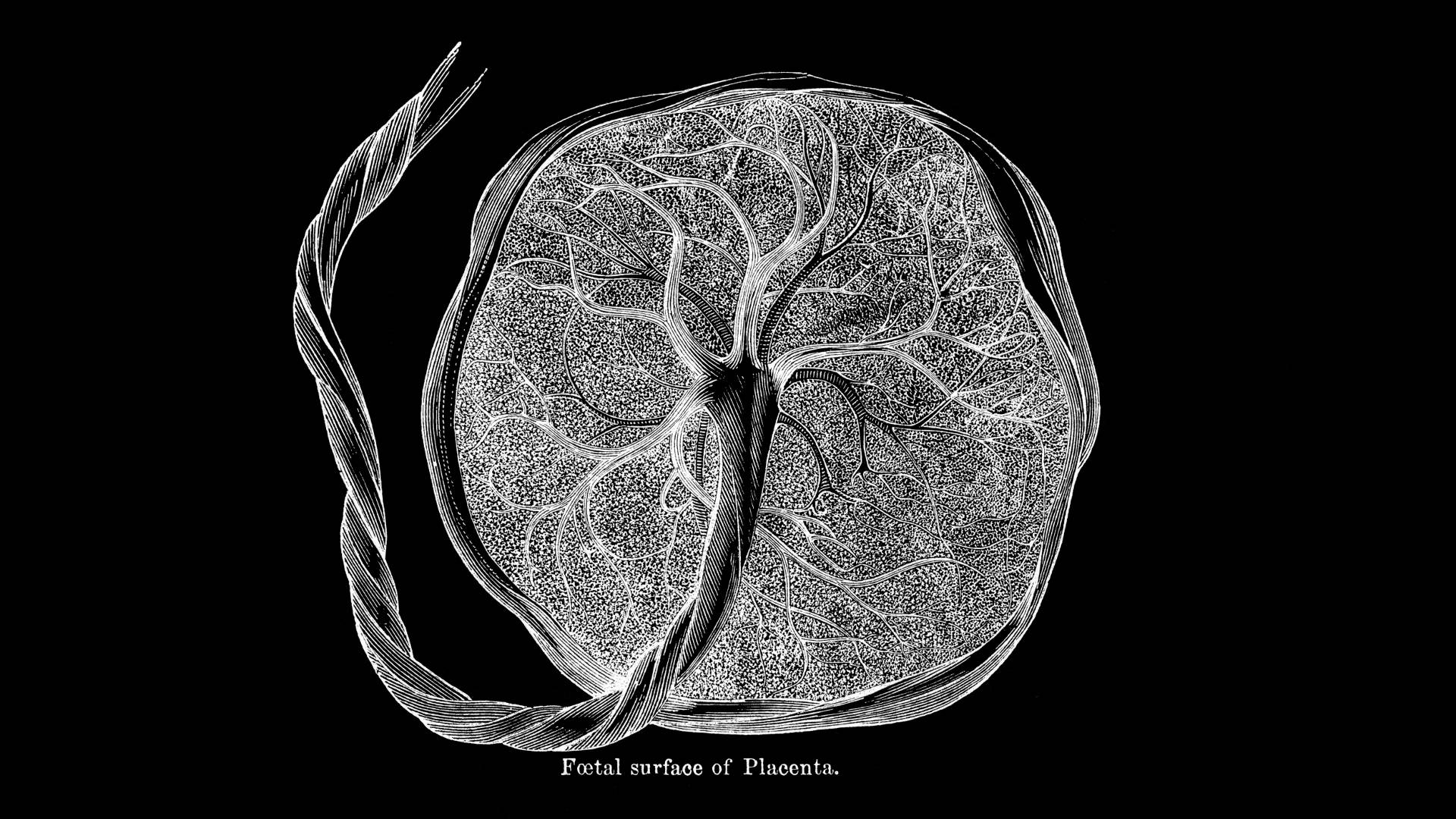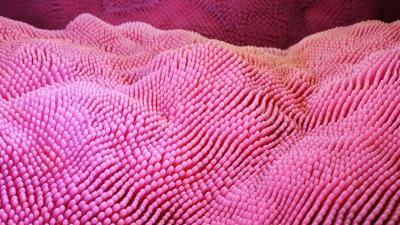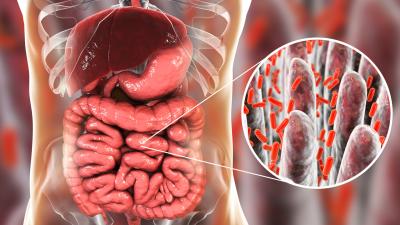Lab-Grown Mini-Placentas Help Scientists Study Poorly Understood Pregnancy Disorders

Study in a Sentence: Researchers have grown ‘mini-placentas’ in the lab and are using them to understand interactions between the placenta and the inner lining of the womb as a way to understand disorders that can occur during pregnancy.
Healthy for Humans: Major pregnancy disorders, like stillbirth, preeclampsia, or growth restriction, result from abnormal development of the placenta and are poorly understood. Abnormal placental development is a major cause of maternal and fetal mortality but is largely inaccessible to study because of the ethical and logistical issues of sample collection. Researchers have therefore grown ‘mini-placentas’ using human cells to understand the causes of preeclampsia and other major pregnancy disorders.
Redefining Research: Known as ‘trophoblast organoids,’ ‘mini-placentas’ are cellular models of the early stages of the placenta grown from human placental cells and model the early placenta closely. These organoids will allow researchers to begin to predict and prevent major pregnancy disorders that develop in the first few weeks of pregnancy but are presented only in later stages.








